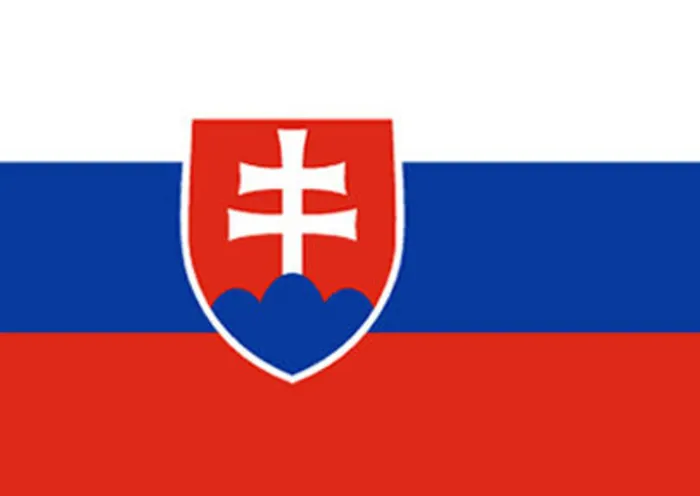Slovak right collapses amid graft scandals

Firebrand Slovak leftist Robert Fico was set to return as premier with a solid majority Sunday after 20 months in opposition as his Smer-SD swept away rivals dogged by graft allegations.
Voters angry over an unprecedented corruption affair and worried by an economic downturn handed victory to Fico who wooed them with promises of social welfare and higher taxes on the rich.
With votes from 97 percent of polling stations counted, Smer looked set to secure almost 45-percent voter support giving it 84
seats in the 150-seat parliament, the Slovak Statistics Office said. Voter turnout reached 59 percent.
“The result is a very nice surprise, the number of parliament seats shows Smer has succeeded with its programme,” said 47-year-old Fico.
“Smer can now fully implement its programme... of a welfare state, of improving the condition of public finances, not at the cost of low-income groups,” he added.
“The programme will be pro-European... we want the eurozone preserved and the euro as a strong European currency,” said Fico, whose previous 2006-2010 government led the ex-communist country of 5.4 million people to the eurozone in 2009.
The eurozone's second poorest member, Slovakia is battling unemployment above 13 percent. Although growth this year is forecast at 1.1 percent, its export-driven economy makes it vulnerable to the region's wider slump.
Fico signalled he wanted to work with the other parties in parliament.
The Christian Democrats and newly-formed right-wing Common People party came second in the vote with 16 seats each, and the ethnic Hungarian Most-Hid got 14 seats.
“Red is a good colour for wine but not for politics,” Christian Democrat chairman Jan Figel said during a post-election toast in a veiled reference to Fico's past as communist party member during the communist era in former Czechoslovakia.
The election was overshadowed by a high profile corruption scandal as a secret service wiretap report codenamed “Gorilla” leaked online late last year pointed to a web of shady connections between many centre-right politicians and a local financial group.
The ruling right-wing SDKU-DS party was hit particularly hard with voter support falling off from 15 percent in the 2010 election to 5.8 percent or 11 seats this year.
The liberal right-wing SaS will also make it into parliament, gaining 10 seats.
Anger over the graft revelations erupted on the capital's streets on the eve of the poll, when rock-throwing protesters clashed with police who used teargas and detained 19 demonstrators.
Alzbeta Kezesova, a 70-year-old pensioner who had voted in the capital Bratislava, told AFP she understood the frustrations of the younger Slovaks who had taken to the streets the night before.
“Corruption is the biggest problem in Slovakia,” she said, adding that she had considered not voting at all. The next government “should strip lawmakers of their immunity,” she insisted.
The election was called early after the centre-right government collapsed in October in a party dispute on whether Slovakia, which joined the eurozone in 2009, should pay into a European bailout fund.
Outgoing prime minister Iveta Radicova - a popular figure who quit politics before the Gorilla scandal broke - pointed to the wider political malaise sweeping the European Union as the eurozone debt crisis stumps growth.
“In the past 20 months, 10 governments collapsed in the European Union,” she said as she voted near Bratislava.
“Today people are deciding not only how we will live next year but how to reboot the economy and define new rules of trust between politicians and voters.” - Sapa-AFP